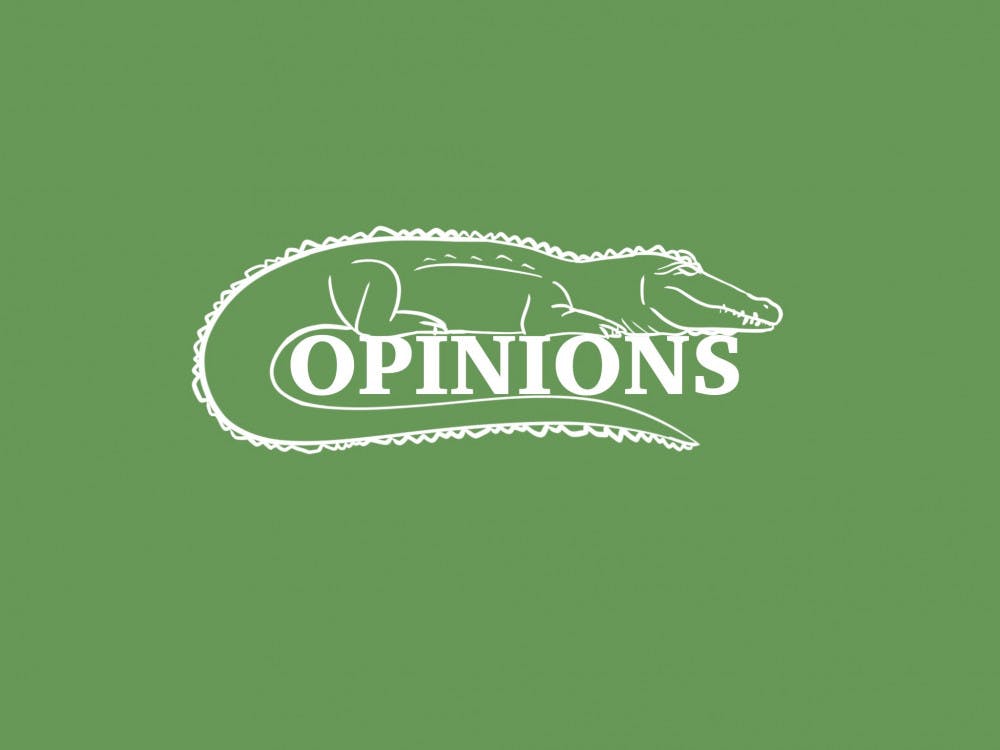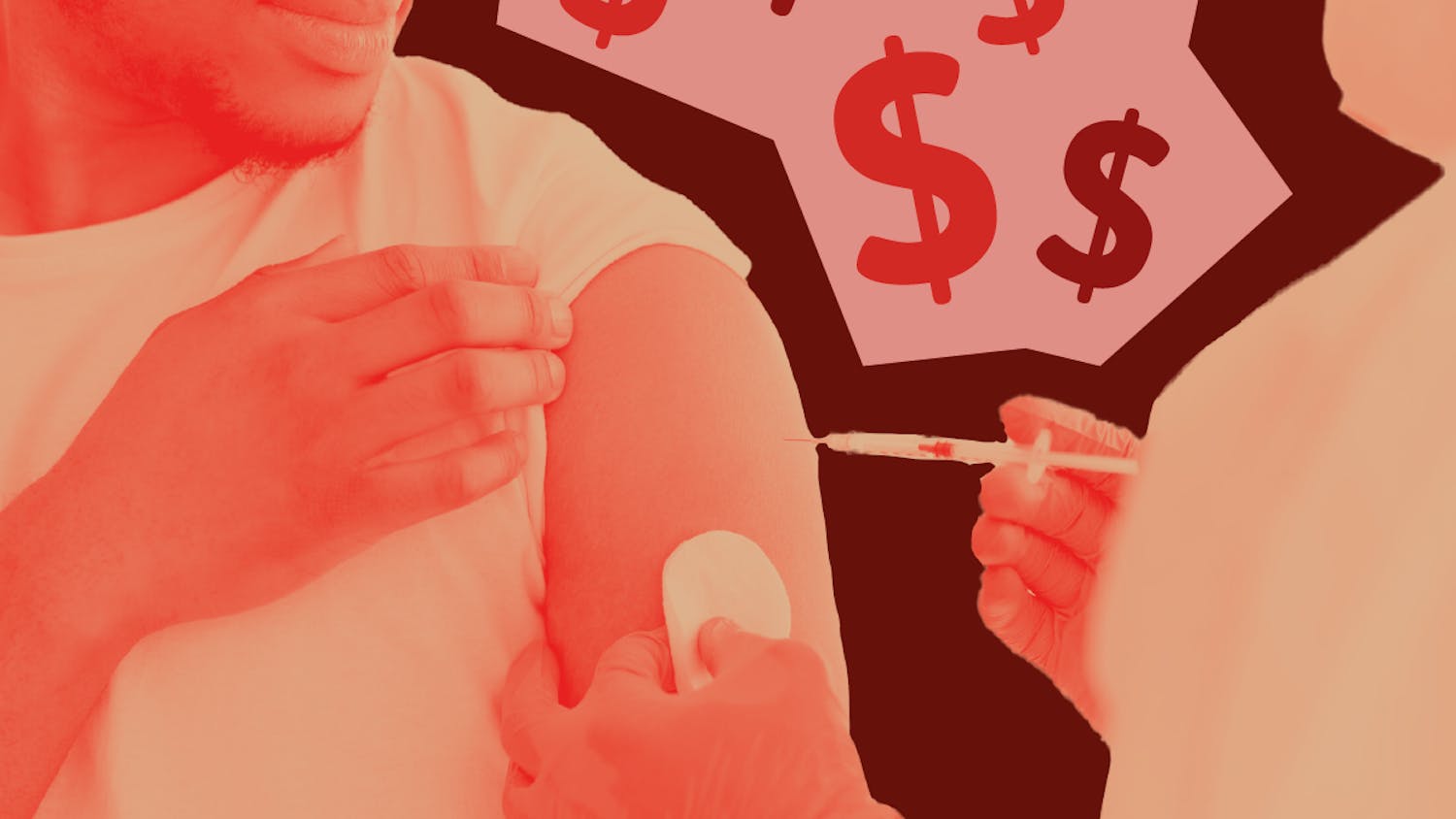As if college wasn’t stressful enough, the coronavirus pandemic has sickened and killed people we know, amplified racial inequities and exploited our personal, social and institutional vulnerabilities. Within this context, the UF Counseling and Wellness Center (CWC) is launching a series of columns about mental health topics relevant to our campus.
Students who contact the CWC tell us they are sad, angry and exhausted. People who were doing well before the pandemic are struggling. Students with challenges are more distressed and have fewer sources of support. For all of us, the ongoing fear and uncertainty places unprecedented demands on our mental health.
During times of danger, we are hardwired to go into survival mode — and survival mode, while helpful, does not feel like thriving. Survival mode takes its cues from the part of our brain that evolved to keep us safe in the face of threats. When our ancient warning system activates, we fight, flight or freeze. These responses are useful in short bursts, but humans get traumatized when a heightened sense of threat becomes routine. Amidst this pandemic, danger could be anywhere, and for communities who have experienced additional harm, those threats are even more stark as COVID-19 strikes amid generations of trauma and health disparities.
In U.S. popular imagination, mental health is mostly a matter of personal responsibility, not something intimately connected to broader conditions that affect well-being. Yet perhaps the crises of our time give us an opportunity to question this. What does it mean to be “mentally healthy” in a place that prizes some lives over others? Is that a reasonable expectation of individuals? What does mental health look like when we’ve lost so much of what we need, when we haven’t found a new normal yet or when the new normal is anything but normal?
For mental health to be more than a meme, we must recognize that our personal mental health is deeply impacted by the complex and powerful webs of which we are a part. It’s easy to get down on ourselves for what we do to survive (hello iPhone, ice cream and Netflix), unfairly applying old standards from our thriving days to the ways we are now just trying to survive. While living with a sense of persistent threat right now is actually adaptive, it’s also helpful when we can take even mini-breaks from that kind of energy. Our mental health is inseparable from our environment, yet we can do certain things to reduce the chaos and restore moments — if not more — of relative calm and safety.
I asked the CWC counselors and psychologists what they are doing to stay grounded, and I’ll end with a few of their responses. It’s important to remember that no one, not even mental health professionals, can do everything. Most of us are just focusing on one or two ways to feel kind of okay.
-
I try to do just one thing at a time.
-
I move my body. Any kind of movement helps.
-
I get outdoors, even for a short time.
-
I’ve been writing down specific people and things for which I’m grateful.
-
I set realistic expectations for myself.
-
I thank myself for showing up, even if I didn’t perform perfectly.
-
I make my bed.
-
I limit my alcohol consumption.
-
I focus on changing oppressive systems rather than beating myself up for struggling within them.
-
I connect with my friends — phone calls can be a nice break from screens.
-
I use a mindfulness app such as Insight (free), Headspace (reduced cost for students) and Calm.
-
I listen to uplifting or fun music and podcasts.
-
I put most of my attention on what I can control.
-
I choose shows, movies, and social media that educate, entertain and inspire.
-
I keep experimenting to find out what I need from day to day.
For more in-depth, personal conversations about mental health in college, check out the CWC Talks podcast on Apple Podcasts and Spotify. And as always, for students who would like to consult with a counselor, please call the CWC at 352-392-1575.
Sara Nash is a Clinical Associate Professor at the CWC.






